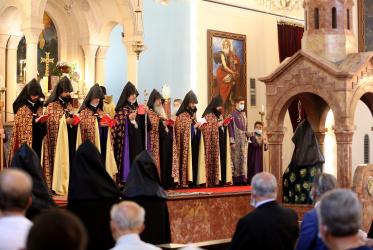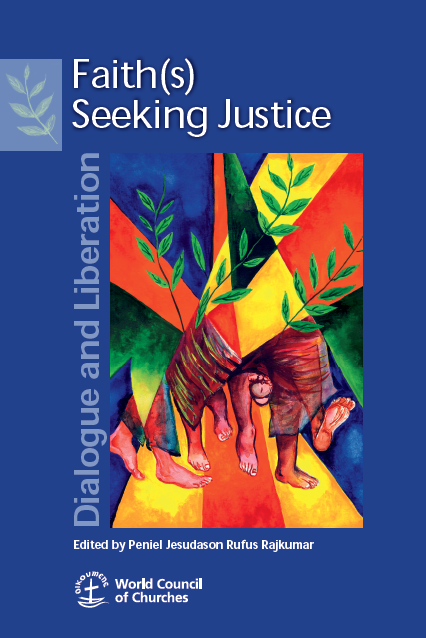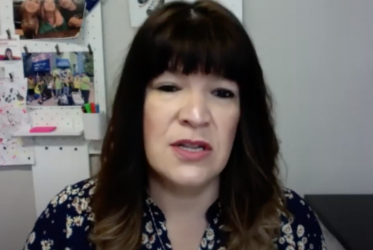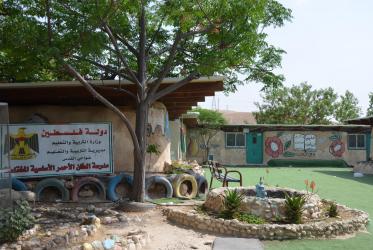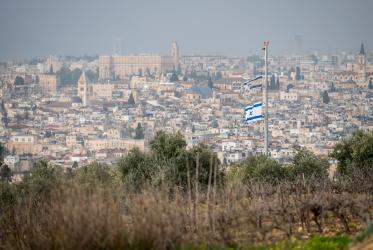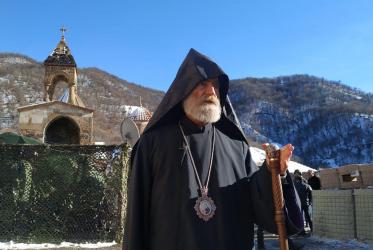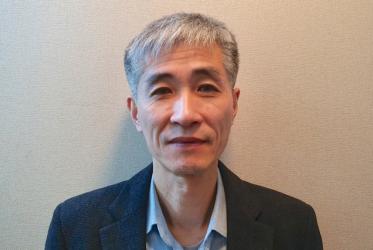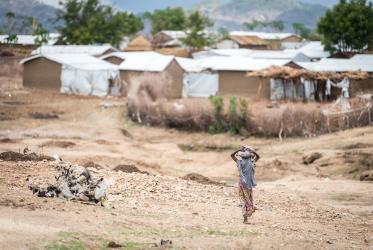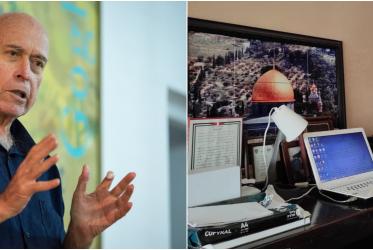Displaying 141 - 160 of 181
Bedouins of Pope’s Hill fight eviction
30 March 2021
East Jerusalem: Denied citizenship and the vote
30 March 2021
Rev. Shin Seung-min: “We want to create hope, not despair”
22 December 2020
As olive harvest draws to a close, who is helping the farmers?
08 December 2020
